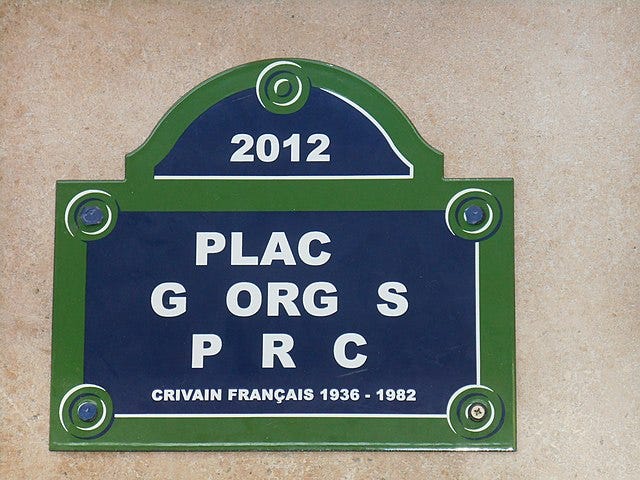Pyric Victory
An FF story with strict constraints
I am a pyrologist. I think about, study and work on things that burn.
Actually that’s not totally right. I want to know about how flaming starts, who and what it impacts, and how us humans fit into this giant burning jigsaw. My focus isn’t just now. I am sort of a historian and futurologist too. Long and short, proximal and distal. Intriguing, all.
What am I striving for? Inclusion of many varying strands and ways of looking at our pyrological world. Institutions star in this play but so do individuals. So do non-humans! I’m curious if burning can turn into an ally or a pal, not just a disastrous thing to avoid or fight. If I can link to a broad church of actors, it might bring forth a shift, allowing humans and burning to align.
In my opinion, a big part of my job is firing my - and our - imagination.
So how’d I do?
~~~
During a conversation with a colleague the other day about a communication project, I became slightly annoyed when she asked me who our target audience was. On more than one occasion I have found myself in the position of being asked why I’m doing something, who I’m trying to reach, what I’m trying to achieve. Usually I can’t answer, or the answer is a post-hoc rationalisation. Usually, I’m doing it because I feel like doing it. It just seems like the right thing to do, y’know? Sometimes it is the right thing to do! And quite often, something good happens. I can then smile inwardly at the miracle of effortless action, safe in the knowledge that an unaimed arrow (or bolas, if you prefer) always hits its target.
Unfortunately at least half the time this approach doesn’t work. If you’re interviewing for a job, planning a weekend away or trying to persuade someone how to spend millions of dollars, flying blind into the Why Question can come across as unserious, reckless or idiotic. That’s why I must insist that you keep your reasons within arm’s reach at all times, Dear Readers.
Anyway the reason I bring this up was because my colleague’s rejoinder was ‘I want to know the constraints, so I can go wild within them!’ Ah, this was music to my ears! I am a believer in the powerful ability of constraints to foster creativity. I have probably pinched this along with many other ideas from Douglas Hofstadter. So I responded with ‘Of course, like a lipogram! You know, when you try and write a passage without using a specific letter of the alphabet - the more commonly used the letter, the better.’ And my colleague surprised me once more by agreeing - turns out she knows all about lipograms too!

I first heard about lipograms from - you guessed it - Hofstadter. I think it was in his magnificent tome Le Ton beau de Marot, which contains many translations of a short poem by the 16th century French poet Clement Marot. (I attempted one or two translations myself but sadly they’ve been lost to the winds of time). Like Hofstadter I love the music of language. I probably don’t love detailed indexes as much as him though. Here’s the lipogram entry from LTbdM:
lipograms: defined, 106; examples in text, 94-95, 106, 109, 5182; examples quoted, 108, 109, 110, 112, 113, 126-127, 128, 138; see also biconsonantal, monovocalic poetry
Hofstadter provides some impressive examples of this genre, including some from other languages, like Georges Perec’s La disparition, published in 1969. That’s right, Monsieur Perec wrote an entire novel following this imposing constraint. These excerpts and exercises are often impressive, always amusing and occasionally verge on preposterous, which reminds me that sometimes me and the kids would try to replace common words with alternatives constructed without a certain letter. Guess what non-living animal in tubular form is!
And that, Dear Reader, is how I came to write the above passage without using the letter ‘e’. It wasn’t easy, but I’m confident that with a little extra effort, something much longer and more polished would be possible. I’m not convinced it wouldn’t retain a certain whiff of wrongness about it though. There’s just too many key words in this domain that can’t be spoken under this constraint: future, fire, climate change, science and academia, just for starters.
Maybe next time I’ll drop the f.


No! I pray, sir, kindly do not drop f, as I find it so satisfying a symbol to look at (and additionally if said out loud it's such a wondrous, almost calming sound - you can't shout it!) But obviously omitting that awful symbol you did omit is totally OK. Totally! Actually I always found it astonishingly annoying, although as to why, I know not.
So, colossal kudos to you (and also to G org s P r c).
And long may your linguistic artistry and innovation last!!
:)